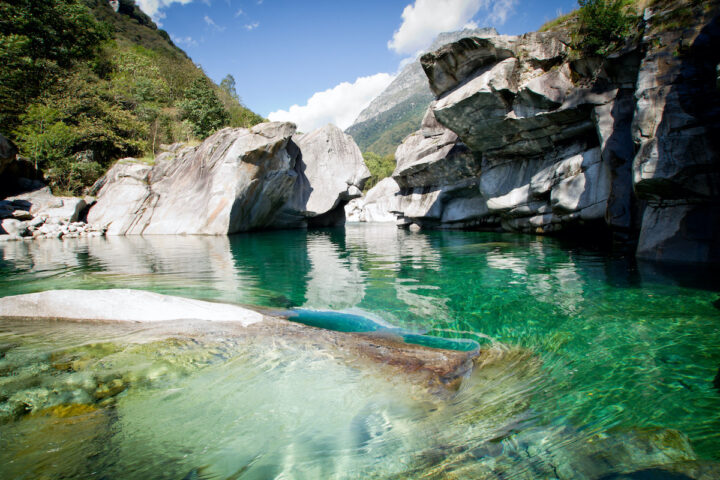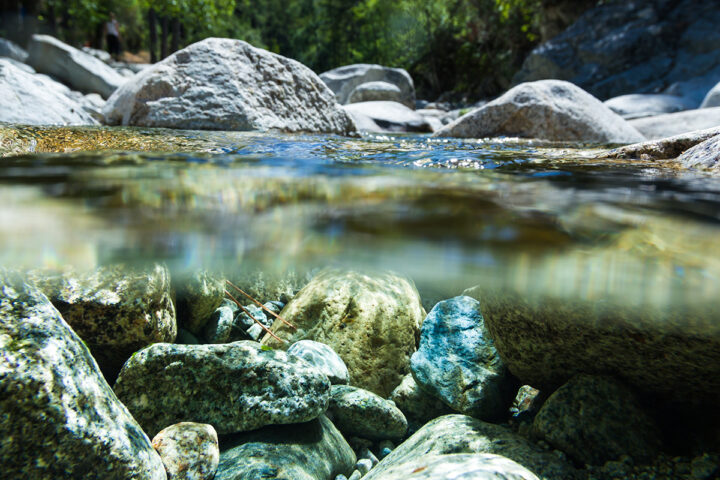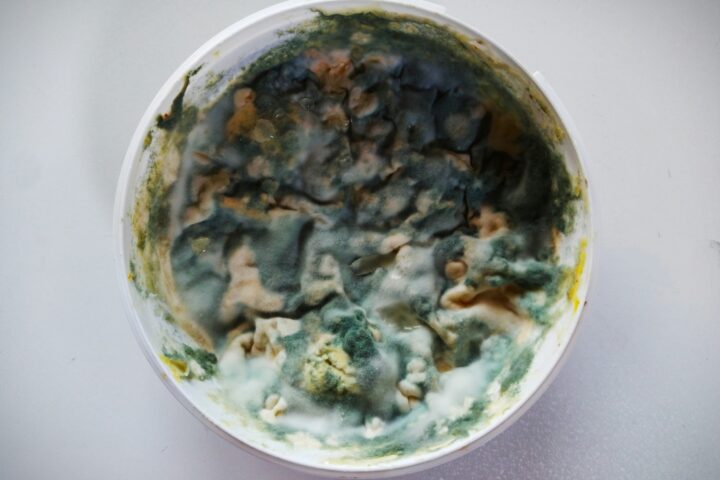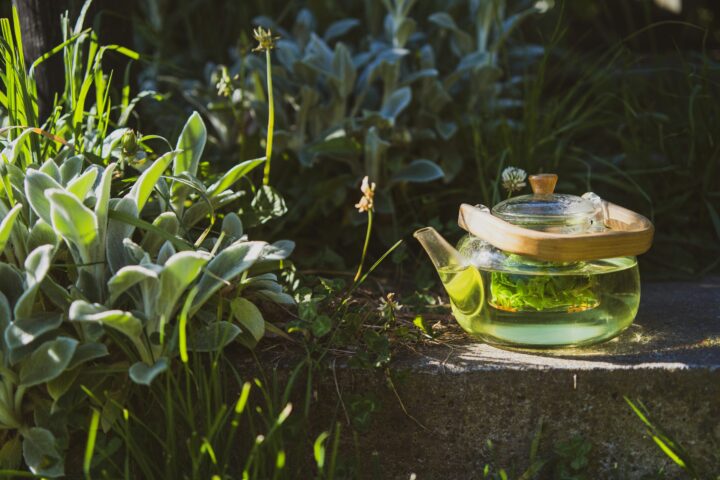
The Poison and the Dose
The debate about threshold values for chemical residues in water and food is often shaped by misunderstandings and emotions. Few topics show as clearly how far perception and science can drift apart. But what do limit values really mean? In autumn 2025, the Agricultural Policy Podcast and swiss-food.ch will explore our relationship with limits and risk in a five-part series. The highlight was a live podcast recording on November 5 at Bogen F in Zurich.
Wednesday, October 8, 2025
Limit values are intended to protect society from excessive exposure to potentially harmful substances. Thanks to advances in analytics, even the tiniest traces can now be detected. This often leads to differing interpretations of measurement results and their significance. The line between honest education, alarmism, and trivialization is a fine one.
It’s the dose that makes the poison – for both natural and synthetic substances. Residues alone do not indicate danger. At the same time, «natural» substances enjoy enormous trust, even when they can be toxic – mushroom toxins are a prime example.
How difficult it is to strike a balance between safety-mindedness and practical reason is aptly summed up by Roman Mazzotta, Country Head of Syngenta Switzerland: «One of the most dangerous things you can do is drive a car. There are distance regulations: on the motorway, the required distance to the next car is 60 metres. That’s the ‘limit value’. For chemical substances that are neither DNA-damaging nor carcinogenic, a hundredfold safety margin is added to that limit value. Translated to road traffic, that would mean keeping a distance of six kilometres from the next car. On which motorway in Switzerland could you still drive with such distance rules? It’s the same sense of proportion I’m talking about when it comes to limit values in water.»
In five engaging episodes, experts from toxicology, industry, government, and agriculture discuss what safety really means and the role that limit values play.
The podcast series
October 11 – Dr. Angela Bearth
The Agricultural Policy Podcast with Dr. Angela Bearth on perceived dangers and real risks. Angela Bearth holds a PhD in Social and Health Psychology from the University of Zurich and works as a senior social scientist at the Swiss Centre for Applied Human Toxicology (University of Basel).
Here is Episode 1 with Dr. Angela Bearth (translated with AI)
October 18 – Dr. Lothar Aicher
The agricultural policy podcast with Dr Lothar Aicher on residues in our everyday lives. Lothar Aicher is a chemist who initially worked in pharmaceutical research and later in the chemical/agricultural industry as a human safety assessment manager. Since 2010, he has been working as a toxicologist at SCAHT (Swiss Centre for Applied Human Toxicology).
Here is Episode 2 with Dr. Lothar Aicher (translated with AI)
October 25 – Dr. Michael Beer
The agricultural policy podcast with Dr Michael Beer on reports and warnings from the authorities. Michael Beer studied food engineering and obtained his doctorate at the Institute of Human Nutrition at ETH Zurich. Since 2014, he has been head of the Food and Nutrition Division of the Federal Food Safety and Veterinary Office (FSVO) and is deputy director of the FSVO.
Here is Episode 3 with Dr. Michael Beer (translated with AI)
November 1st – Christine Badertscher
The agricultural policy podcast with National Councillor Christine Badertscher on the political debate surrounding the setting of limit values. Christine Badertscher grew up on a farm in the Emmental region. She studied environmental engineering in Wädenswil and agricultural sciences at the HAFL. She has been a National Councillor for the Green Party in the canton of Bern since 2019.
Here is Episode 4 with Christine Badertscher (translated with AI)
5 November – Live Event at Bogen F in Zurich
The live podcast 'The Poison and the Dose – Big Panic over Small Values?' took place on 5 November in Zurich at Bogen F near Hardbrücke. The event marked the conclusion of the joint podcast series by Agrarpolitik – der Podcast and swiss-food.ch.
The central question was how Switzerland deals with chemical residues and the corresponding limit values – and what it takes to ensure that small values trigger less intense emotional reactions.
Sara Stalder, Executive Director of the Consumer Protection Foundation, Dominique Werner from scienceindustries, and Michael Beer from the FSVO discussed the topic live in front of an audience. The event was moderated by Andreas Wyss from Agrarpolitik – der Podcast.
Here is episode 5 with Sara Stalder, Dominique Werner and Michael Beer (translated with AI)
Go to the summary of the “Grenzwert” series on agricultural policy – the swiss-food podcast

The Agrarpolitik podcast is available on all major platforms. Click here to see the overview. Here you can listen to the latest episodes.
Kindly note:
We, a non-native editorial team value clear and faultless communication. At times we have to prioritize speed over perfection, utilizing tools, that are still learning.
We are deepL sorry for any observed stylistic or spelling errors.
Related articles

Facts about drinking water and limit values
'Pure' water is either a tasteless distillate or a selling point. As natural products, neither tap water nor branded water is 'pure'. However, both can be drunk without hesitation.

"Swiss water is in a bad way."
That's not actually true. Our surface waters, groundwater and drinking water are in very good condition. Our water quality tops international rankings. There cannot be any mention of poor Swiss water quality.

Chlorothalonil – communication with cost consequences
Once upon a time there was a canton in Seldwyla. In order to better regulate access traffic to a larger town, the canton decided to install so-called "gatekeeper systems" on the access roads, i.e. traffic lights that stop private traffic and thus access to the town by means of red lights when traffic in the town itself comes to a standstill.

Global facts on world food and agriculture
Only thanks to technological progress and modern crop protection will we be able to conserve our resources in the future and at the same time feed more and more people in a healthy way.

Pesticides in Green Smoothies
After countless recipes for Christmas cookies, festive roasts and cocktails, the advice on losing weight, detoxing and beautifying oneself now takes centre stage. Most of it is sheer nonsense.

Natural Toxins: An Underestimated Risk in Our Food
Safe food cannot be taken for granted. While chemical substances are often the focus of public criticism, reality shows that the greatest risks to food safety are of natural origin. Recent recalls of infant food products illustrate how insidious bacterial toxins or moulds can be.

Herbal Teas: Making You Sick Instead of Slim
Plant protection products are frequently the focus of public criticism. Far less attention is paid to the fact that natural ingredients in teas and dietary supplements are also biologically active and can pose health risks.

